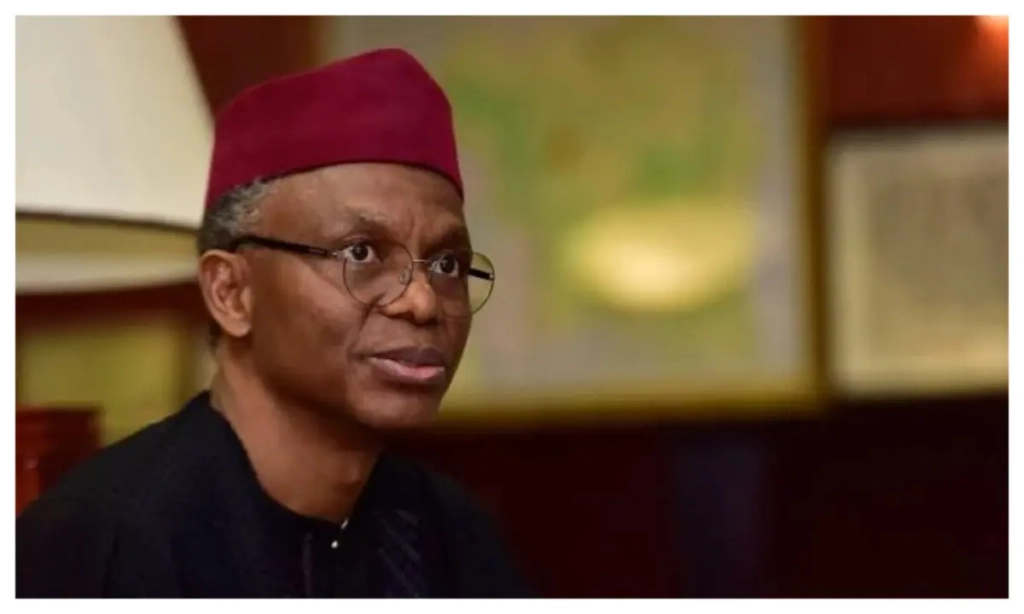Nasir El-Rufai, a former governor of Nigeria’s Kaduna State and a prominent political figure, has been expelled from the Social Democratic Party (SDP) and barred from rejoining or participating in its activities for 30 years. The party’s National Working Committee (NWC) announced the decision, citing compliance with its constitution, founding principles, and Nigerian electoral laws governing political party membership.
In a strongly worded statement released by SDP spokesperson Araba Rufus Aiyenigba, the party confirmed El-Rufai’s expulsion and imposed sweeping restrictions. He is prohibited from identifying with the SDP, using its symbols, or engaging in any organizational activities. The statement emphasized that the move aims to safeguard the party’s integrity and interests, warning members against associating with the former governor. “El-Rufai is hereby banished and banned… for a period of 30 years effective from today,” the declaration read.
El-Rufai, who served as Kaduna’s governor from 2015 to 2023 under the All Progressives Congress (APC), defected to the SDP after exiting the ruling APC earlier this year. His departure from the APC followed reported tensions within the party, including his exclusion from President Bola Tinubu’s cabinet nominees in 2023. The SDP’s decision to sever ties with El-Rufai underscores deepening factional rifts within Nigerian politics as parties strategize ahead of the 2027 general elections.
Notably, El-Rufai remains a central figure in a coalition of opposition groups that recently designated the African Democratic Congress (ADC) as their primary platform for the upcoming polls. Analysts suggest this coalition aims to consolidate efforts against the APC and the Peoples Democratic Party (PDP), Nigeria’s two dominant parties. The SDP’s expulsion likely reflects internal disagreements over El-Rufai’s alignment with rival opposition factions, highlighting the fluidity of political alliances in the country.
Under Nigerian law, political parties retain broad authority to admit or dismiss members. The SDP’s invocation of constitutional and electoral provisions underscores the legal framework enabling such decisions, though bans of this duration remain rare. El-Rufai, known for his polarizing reforms as governor and outspoken criticism of federal policies, has yet to publicly address the expulsion.
The development signals ongoing volatility within Nigeria’s opposition landscape, with key figures maneuvering across party lines to secure influence. As political realignments intensify, the SDP’s drastic measure against El-Rufai raises questions about the implications for his role in the ADC-backed coalition and the broader dynamics shaping Nigeria’s next electoral cycle.
